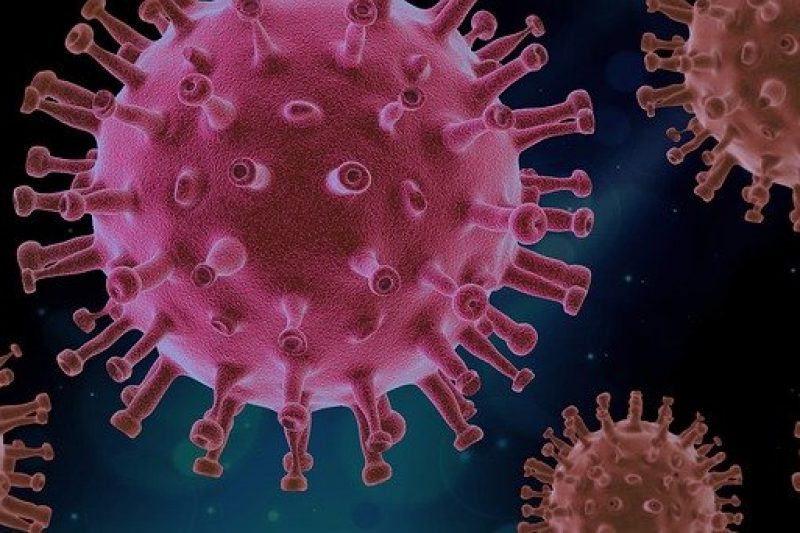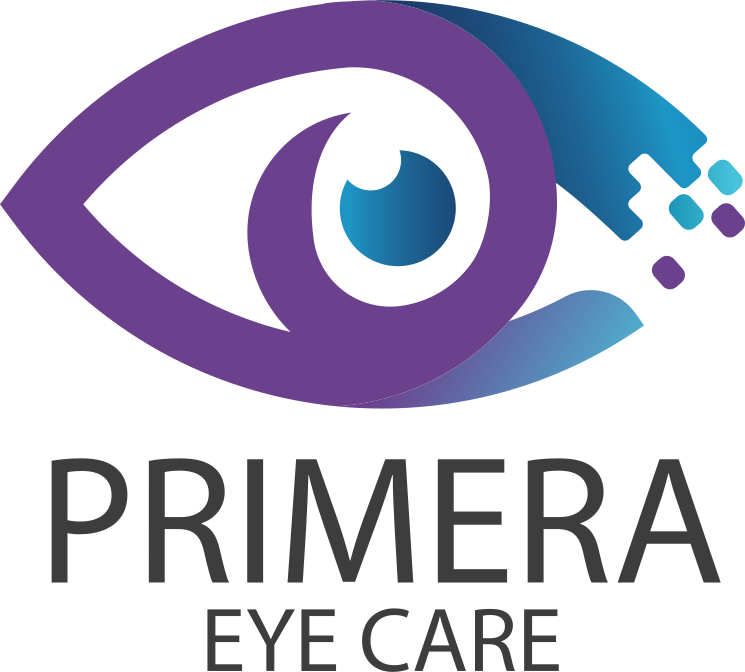
It’s important for parents to pay attention to their children’s vision so that if problems arise, they can be corrected as quickly as possible. The longer a vision problem goes uncorrected, the worse it may become. With many schools operating remotely due to the coronavirus pandemic, it’s more important than ever before for parents to pay close attention to their children’s vision.
According to recent research, staying home due to COVID-19 has been linked to an increased risk of children developing myopia.
Increased Screen Time Linked to Myopia
Because school has been remote for many students, there’s been a dramatic increase in the amount of screen time that children have each day. Screen time has been on the rise not only because of school being online, however. With many normal activities shut down, more children have been turning to entertainment that involves screens, such as video gaming. More socialization has also been on screens as children keep in touch with their friends and relatives digitally instead of seeing them in person.
The Dangers of Screen Time
Screen time can cause eye strain in children and adults alike. The increase of screen time due to the pandemic has been linked by researchers to an increasing number of children with myopia. It’s unfortunately easy for the signs of myopia to be overlooked or to be confused with an unrelated condition.
The Symptoms of Eye Strain
- Headaches
- Blurred Vision
- Double Vision
- Dry Eyes
- Watery Eyes
- Irritated Eyes
What Signs Should Parents Look for?
Catching myopia early and treating it can help to prevent it from worsening. Parents should therefore pay attention to their children’s behavior and look out for the following signs:
- Eye rubbing
- Sensitivity to light
- Eye redness
- Trouble reading
- Acting up
- Refusing to read
- Not paying attention
With schools operating remotely, many of the usual eye exams that would be conducted at schools may be delayed or canceled. This means that it’s more important than ever before for parents to watch for signs of myopia at home.
Risks If Myopia Goes Overlooked
Myopia can worsen more rapidly if it’s left overlooked and untreated. For children, however, there are other risks associated with untreated myopia. If a child has untreated vision problems, they may perform poorly at school and develop negative attitudes toward school. Poor vision can affect a child’s ability to read, as well as their hand-eye coordination.
Concerned About Your Child’s Vision?
Contact us to schedule an appointment.





